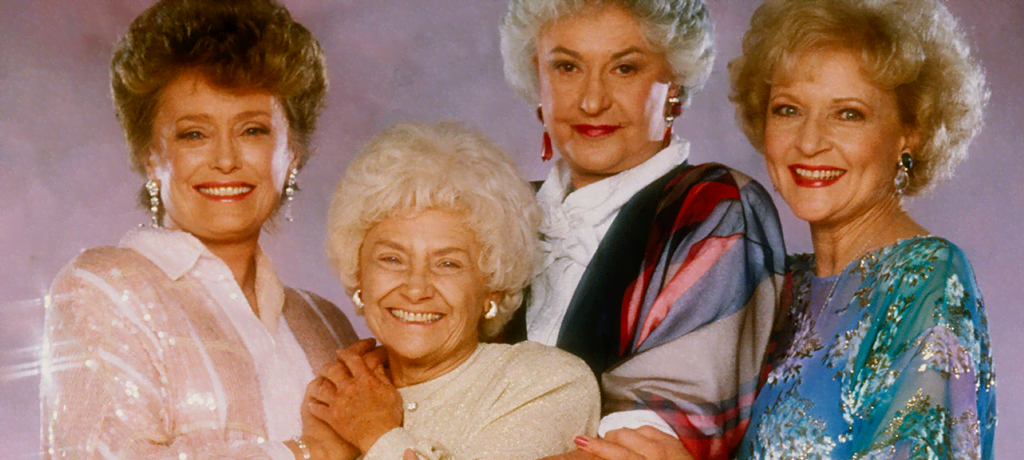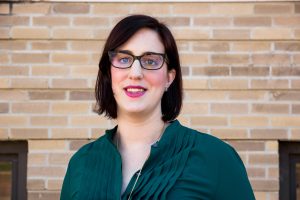National Senior Citizen’s Day
In recognition of National Senior Citizen's Day, the College of Liberal Arts sat down with Jessica Bernard in the Department of Psychological and Brain Sciences to discuss the process of aging.

by Heather Rodriguez ’04

Jessica Bernard
Long long ago—1988, to be exact—then-president Ronald Reagan declared every August 21 National Senior Citizens Day to recognize the challenges and achievements of seniors. To commemorate the day, the College of Liberal Arts sat down with Jessica Bernard in the Department of Psychological and Brain Sciences to discuss the process of aging.
“First of all, it’s important for people to know there’s some wonderful things that come along with getting older,” Bernard said. “You have a lifetime of memories and experiences, and people lucky enough to retire enjoy the additional free time to be with their families and reconnect with a spouse.”
Bernard also said that older people tend to show a positivity bias, where they just focus on the emotionally gratifying experiences in their lives.
“I think there’s a certain degree of, ‘Hey, I’m getting older, I want to focus on the good,’ and that’s focusing on positive memories,” Bernard said. “We see this bias pretty robustly when we look at the data.”
However, Bernard said that there are some things to be aware of concerning older individuals. For example, depression is prevalent among older caregivers, particularly when caring for a spouse going through a slow decline like Alzheimer’s disease. In these cases, it’s important the caregiver seek out support from a medical professional, and from other family and friends whenever possible. Individuals need to take time for themselves and for self-care as best as possible, and rely on their support systems.
“Another concern has to do with falls,” Bernard said. “Ultimately, between 30-40% of adults over the age of 65 will experience a fall every year, and it can be debilitating.”
This is because as we age, our balance tends to worsen, and some of this has to do with changes in our brain as well as changes in our muscles and bones—our structural stability. All of this makes catching ourselves and preventing a fall more difficult.
But, Bernard is quick to point out that these injuries aren’t an inevitability; there are steps that can be taken now to help prevent them.
“Exercise, exercise, exercise,” Bernard said. “There’s a lot of research that suggests that some impact or strength training exercises are particularly good for helping maintain muscle mass and bone density. Also incorporate cardiovascular exercise, like swimming or walking around the neighborhood.”
As for mental exercises, Bernard said they can’t hurt, but the literature on their benefits has been mixed so far. She does believe that saying cognitively engaged is important so keep reading, filling out crossword puzzles, or doing anything that gets the blood flowing to the brain.
“That, combined with exercise and maintaining a healthy diet as early as possible will have positive benefits into older adulthood for both the brain and the body,” she said. “And, as I tell my students: don’t smoke, and wear sunscreen.”
